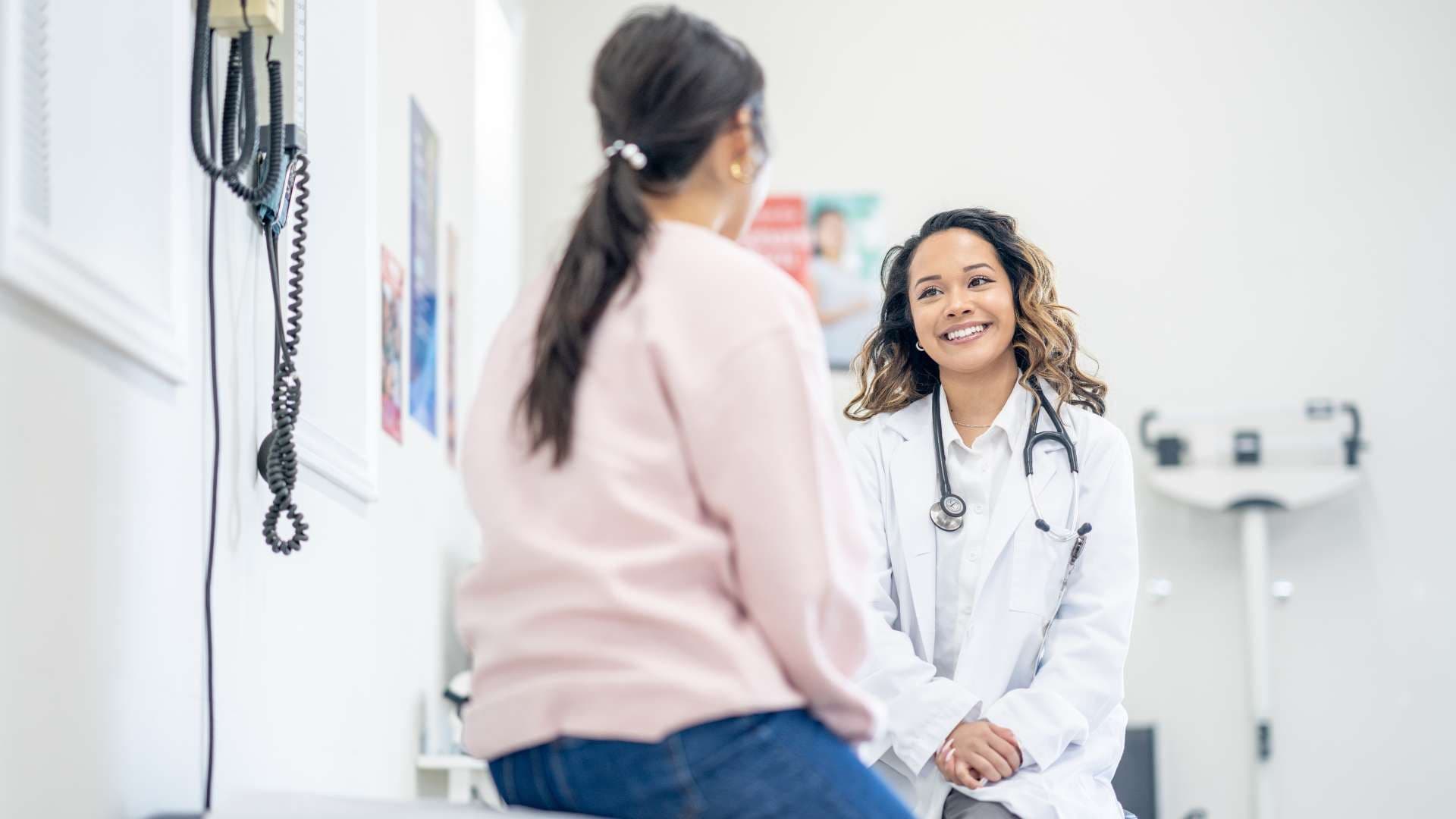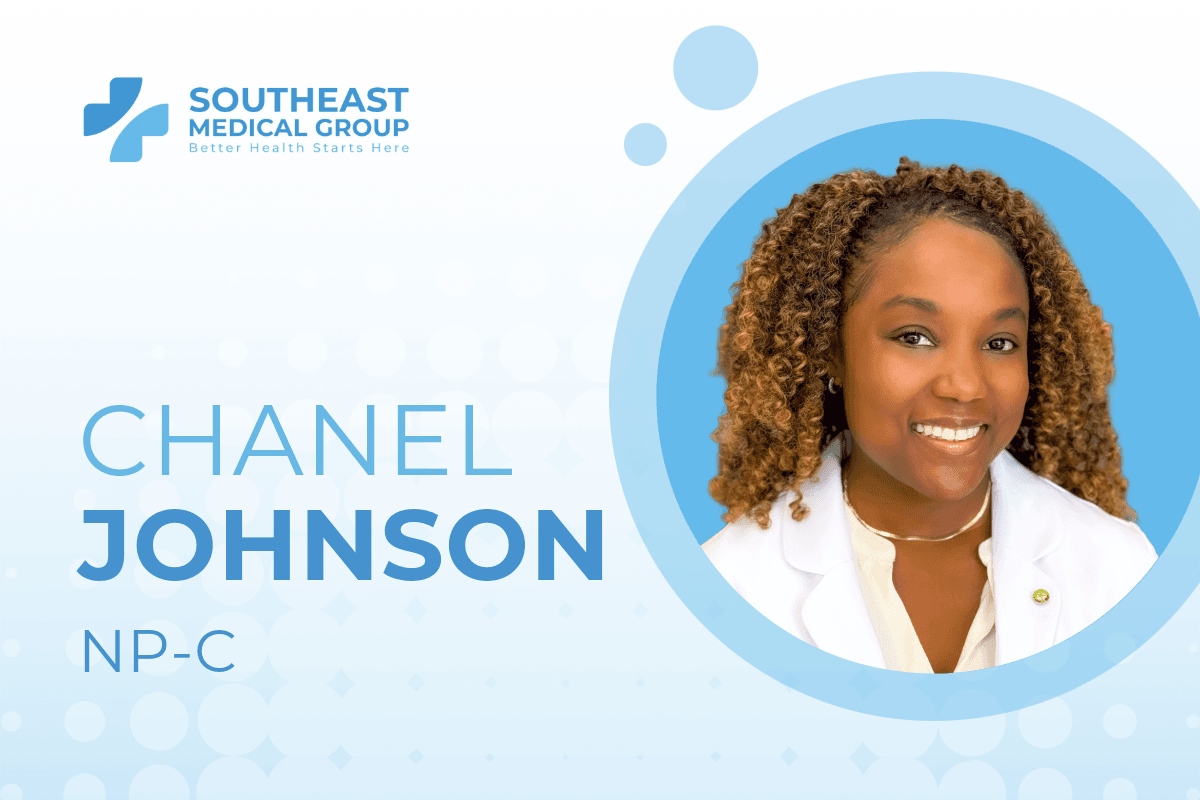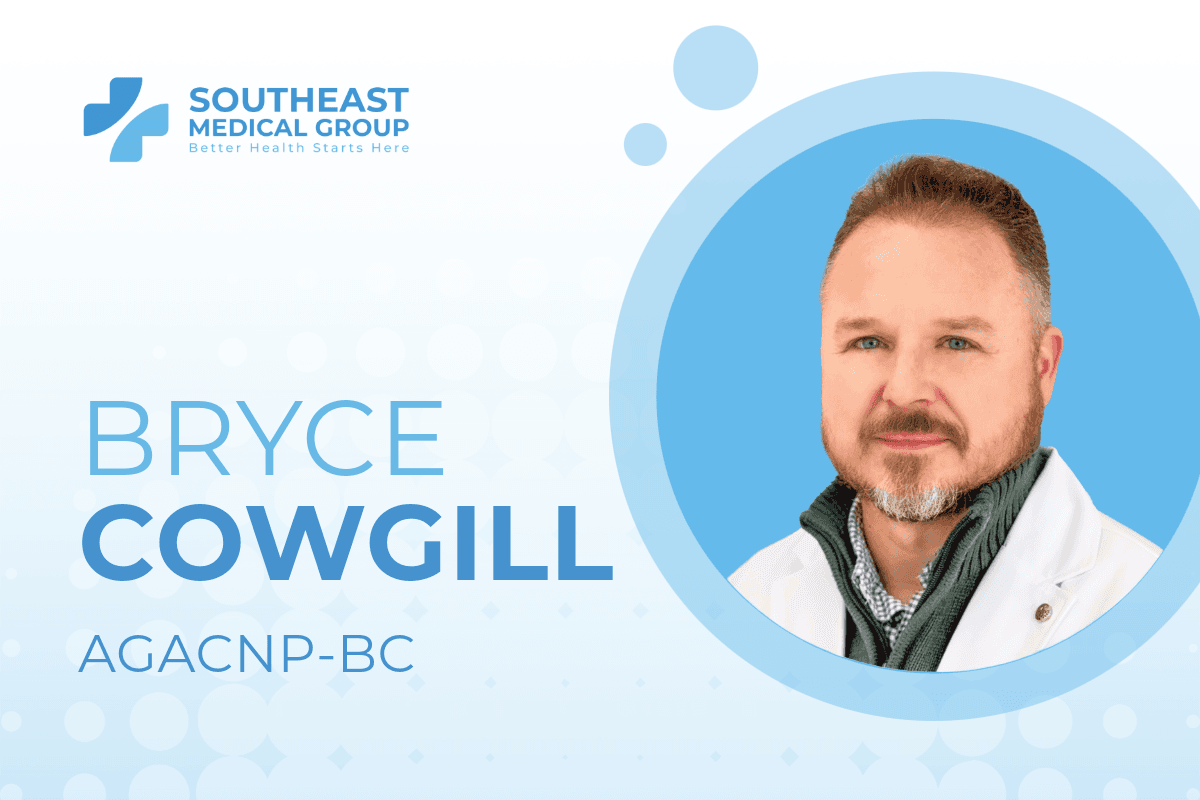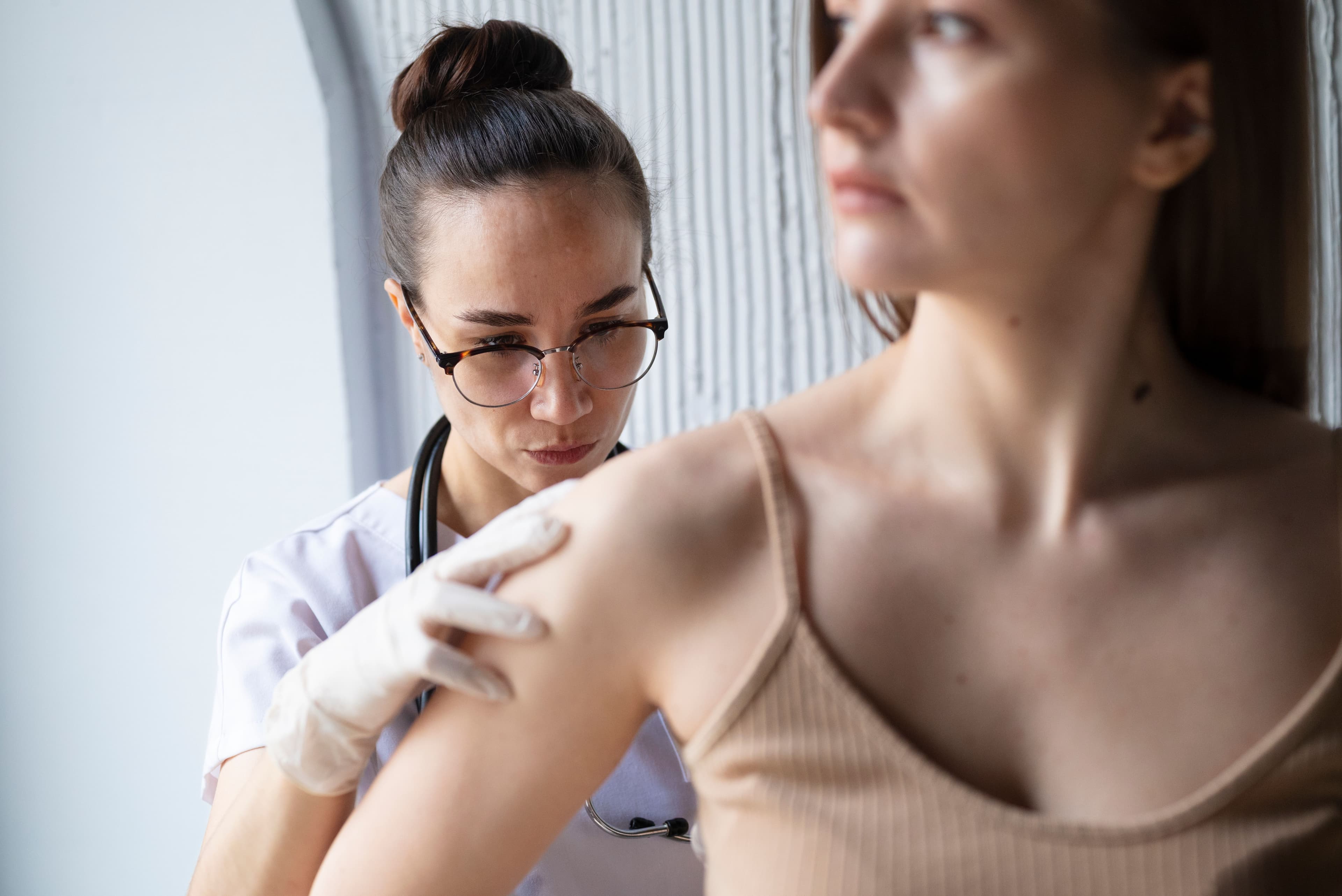Navigating Your First Primary Care Appointment: A Guide for New Patients

Congratulations on taking a proactive step towards your health! Scheduling your first appointment with a primary care physician (PCP) is a crucial decision, and navigating this initial visit can feel overwhelming. This guide will equip you with essential information about what to expect during your first primary care appointment, helping you feel confident and prepared.
The Role of Your Primary Care Physician
Your PCP is your first point of contact for most non-emergency healthcare needs. They act as your partner in health, providing comprehensive care throughout your life. This care encompasses:
- Preventive healthcare: Regular check-ups, screenings, and vaccinations to prevent illness and promote overall well-being.
- Management of chronic conditions: If you have a chronic condition like diabetes or high blood pressure, your PCP will work with you to manage it effectively.
- Treatment of acute illnesses: From common colds and minor injuries to infections and allergies, your PCP can diagnose and treat a wide range of acute health concerns.
- Mental health support: Primary care physicians can address mild mental health concerns like anxiety or depression and can refer you to a specialist if needed.
- Referrals: If your condition requires specialized care, your PCP will refer you to the appropriate specialist healthcare provider.

Preparing for Your Appointment
To ensure a smooth and productive first visit, here are some steps you can take beforehand:
- Gather your medical history: Collect information about any past surgeries, allergies, medications you're currently taking, and immunizations you've received.
- Write down your concerns and questions: Make a list of any specific health concerns you want to discuss, including current symptoms, recent illnesses, and any lingering questions you might have.
- Gather your insurance information: Bring your insurance card and be prepared to provide your insurance company's contact details.
- Arrive early: Allow ample time to complete any necessary paperwork.

What to Expect During Your Appointment
Your first primary care appointment typically involves several key elements:
- Administrative tasks: You may need to complete some paperwork regarding your medical history and insurance information.
- Meet and greet: Introduce yourself to your PCP and their staff. Take this opportunity to establish rapport and feel comfortable with your new healthcare provider.
- Medical history review: Your PCP will discuss your medical history in detail, including past illnesses, surgeries, medications, allergies, and family health history.
- Physical examination: Depending on your concerns, your PCP may perform a physical examination that could include checking your vital signs (blood pressure, heart rate, temperature, respiration), listening to your heart and lungs, and examining your ears, nose, and throat.
- Discussion of your health concerns: This is your opportunity to raise any specific health issues you're experiencing or ask questions you have about your overall well-being. Be open and honest about your concerns.
- Development of a care plan: Based on your medical history, current health status, and risk factors, your PCP will develop a personalized care plan. This plan might include recommendations for preventive screenings, vaccinations, lifestyle modifications, or medications.
- Next steps: Your PCP will discuss any follow-up appointments, tests, or referrals that may be necessary.
Remember: This is your appointment. Don't hesitate to ask questions and voice any concerns you might have. The more information you provide your PCP, the better they can understand your unique needs and provide optimal care.
Building a Long-Term Relationship
Your first appointment is the foundation for a long-term relationship with your PCP. Open communication and trust are essential for effective healthcare management. By being proactive, prepared, and engaged in your first visit, you're setting the stage for a successful partnership that prioritizes your health and well-being.


